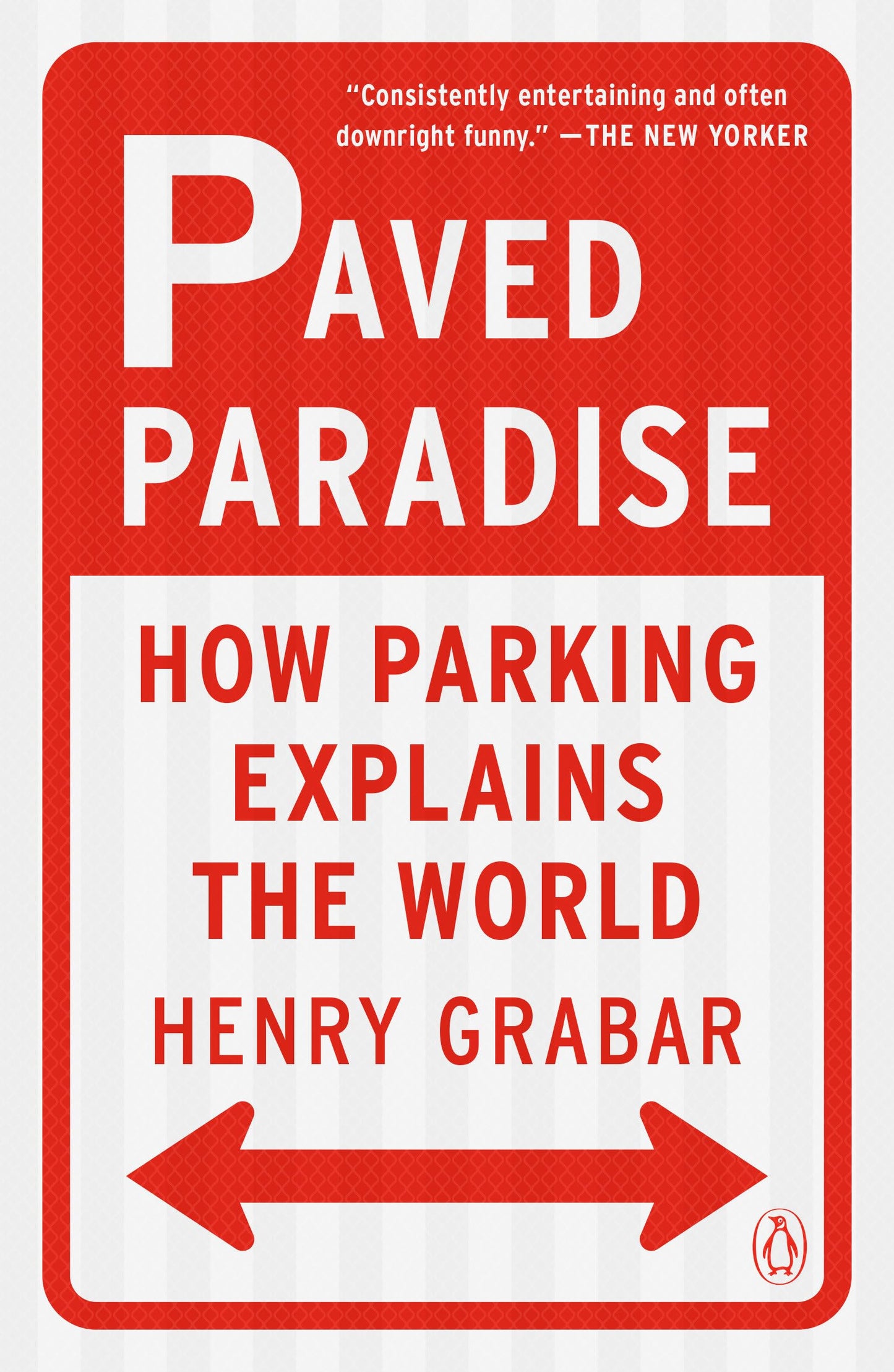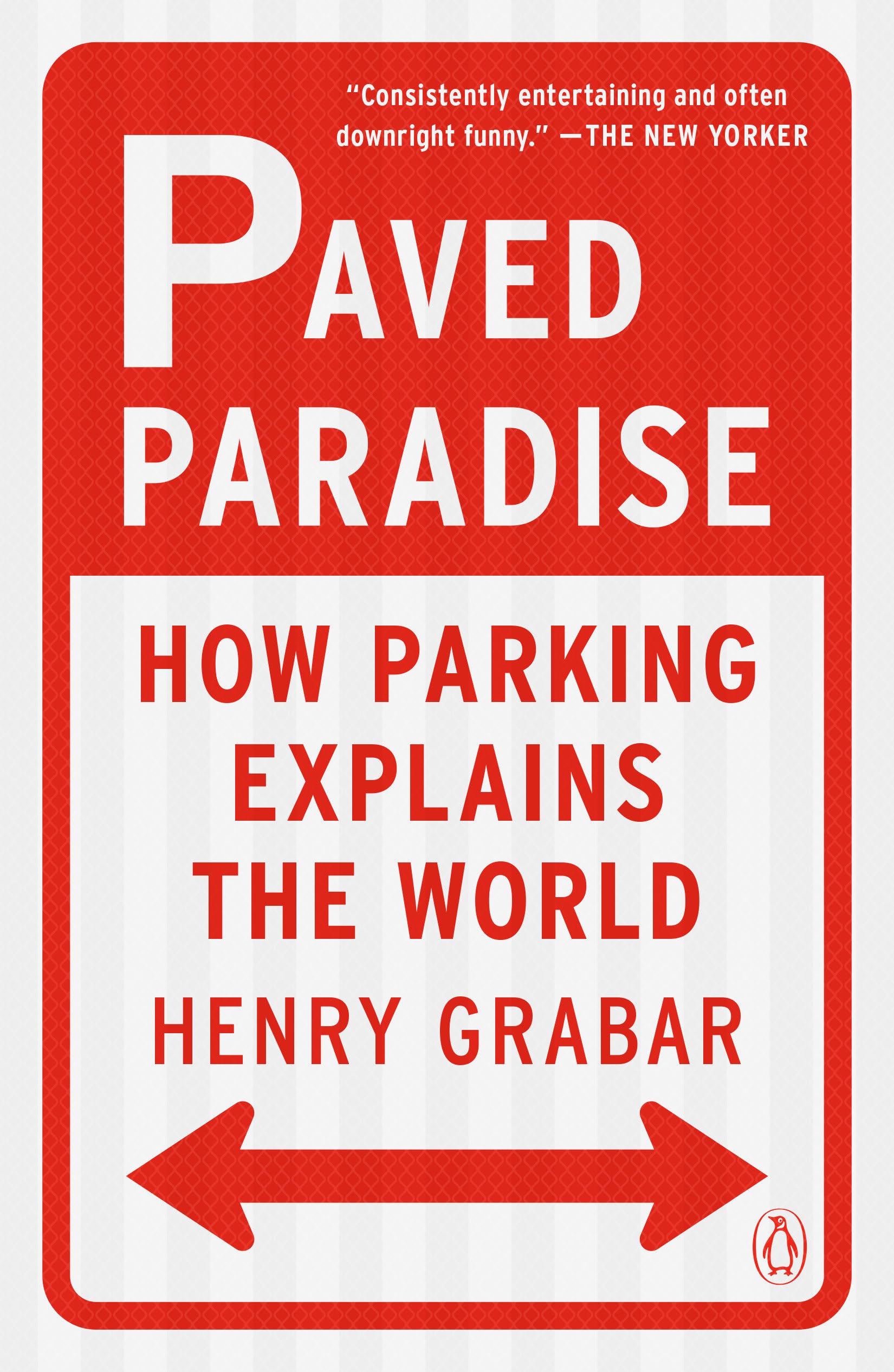Penguin Books
Paved Paradise: How Parking Explains the World
Regular price
$18.00 USD
Regular price
Sale price
$18.00 USD
Unit price
per
Shipping calculated at checkout.
Couldn't load pickup availability
Title: Paved Paradise: How Parking Explains the World
Author: Henry Grabar
ISBN: 9781984881151
Publisher: Penguin Books
Published: 2024
Binding: Paperback
Language: English
Section: Social Science | Sociology | Urban
Publisher Description: Shortlisted for the Zócalo Book Prize Named one of the best books of the year by The New Yorker and The New Republic "Consistently entertaining and often downright funny." --The New Yorker "Wry and revelatory." --The New York Times
"A romp, packed with tales of anger, violence, theft, lust, greed, political chicanery and transportation policy gone wrong . . . highly entertaining." --The Los Angeles Times An entertaining, enlightening, and utterly original investigation into one of the most quietly influential forces in modern American life--the humble parking spot Parking, quite literally, has a death grip on America: each year a shocking number of Americans kill one another over parking spots, and we routinely do ridiculous things for parking, contorting our professional, social, and financial lives to get a spot. Since the advent of the car, we have deformed our cities in a Sisyphean quest for car storage, and as a result, much of the nation's most valuable real estate is now devoted to empty vehicles. Parking determines the design of new buildings and the fate of old ones, traffic patterns and the viability of transit, neighborhood politics and municipal finance, and the overall quality of public space. Is this really the best use of our finite resources? Is parking really more important than everything else? In a beguiling and absurdly hilarious mix of history, politics, and reportage, Slate staff writer Henry Grabar brilliantly surveys the nation's parking crisis, revealing how the compulsion for car storage has exacerbated some of our most acute problems-- from housing affordability to the accelerating global climate disaster--and, ultimately, how we can free our cities from parking's cruel yoke.

